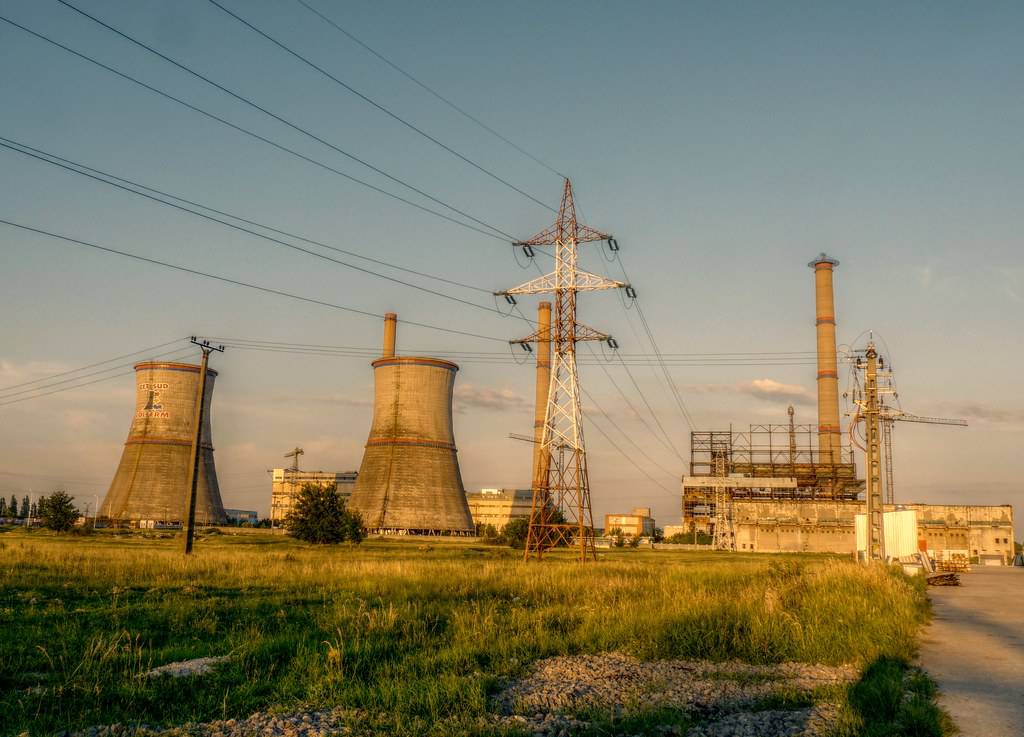During the launch of Turkey's 2030 Energy Efficiency Strategy and Action Plan, Energy and Natural Resources Minister Alparslan Bayraktar highlighted the country’s commitment to meeting its energy needs through cleaner sources. He emphasized that this shift has led to reduced emissions and successful energy transformation.
Bayraktar emphasized the role of energy efficiency practices as both a supporter on the supply side and a complement on the demand side for achieving net-zero transformation. He stated that by 2030, energy efficiency would be a crucial policy tool for ensuring supply security, enhancing industrial competitiveness, reducing dependency, and mitigating the impacts of climate change.
Pointing out Turkey's remarkable achievement in improving energy intensity globally, Bayraktar noted, "In 2021 and 2022, Turkey was one of only two countries globally to consecutively improve energy intensity for two years. While the global energy intensity improvement in 2022 averaged 2%, our country's energy intensity saw a record development, decreasing by 6.2%."
'Environmentally conscious' policies
In line with Turkey's 2053 net-zero climate goals, Bayraktar announced the initiation of a new energy efficiency movement driven by a “sustainable and environmentally conscious” energy policy. He remarked, "In line with this, we are launching Turkey's Energy Efficiency 2030 Strategy and the II. National Energy Efficiency Action Plan, which will be implemented between 2024-2030, to build upon the gains we have achieved and take them further into the Turkey Century."
Bayraktar emphasized that the new plan outlines 10 strategic objectives and 23 targets, saying, "By implementing our action plan, we aim to reduce our energy consumption by 16% by 2030, contributing to a reduction of 100 million tons of emissions.
“To achieve these goals, both the public and private sectors will invest $20 billion in energy efficiency by 2030. This will not only support companies operating in the energy efficiency sector, creating new job opportunities but also result in energy savings worth $46 billion by 2040." (VK)






